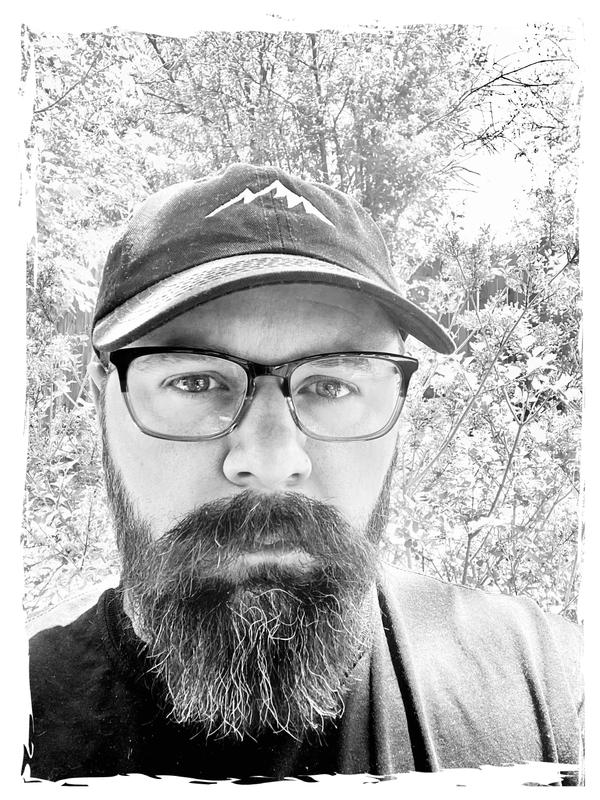__________________________________________________________________________________________________________________________________________________________________________
__________________________________________________________________________________________________________________________________________________________________________
__________________________________________________________________________________________________________________________________________________________________________
__________________________________________________________________________________________________________________________________________________________________________
__________________________________________________________________________________________________________________________________________________________________________
__________________________________________________________________________________________________________________________________________________________________________
Evan James Sheldon's work has appeared in the American Literary Review, The Cincinnati Review, The Maine Review, and New World Writing, among other journals. He is the Features Editor for F(r)iction and the Editorial Director for Brink Literacy Project. You can find him online at www.evanjamessheldon.com.
__________________________________________________________________________________________________________________________________________________________________________
__________________________________________________________________________________________________________________________________________________________________________
Stay Connected to Our Literary Community. Subscribe to Our Newsletter
Evan James Sheldon Brief Q&A with the author
You Can Trace Us Back to Adam
Snorting crushed pills with Deacon Chuck as the neon dark fades into early hours. A short way from home, maybe, my hands covered in sap. I didn’t recognize the smell, blood of trees, sticky sweet then crusting. My lips get distracted. Sucking on rocks, ingesting good minerals my body craves, or is it remembering. Or both. From the moment we left, until now…The trouble with my mind is that it won’t stop, a vacuum with the roller snug tight with hair, spinning, smoking. Man, all these rouge wires sparking. I don’t recognize this ditch. Thought I knew them all. A holy loss perhaps. Righteous loss. Covetous loss. I’m afraid I won’t make it back. Deacon Chuck will be strung out, food in his beard, one boot lost to the night. The trees are clouds just before dawn arrives. Cumulous. Cirrus. Stratus. I try to climb out and slip on some loose quartzite, tumble back. I lay as still as the sun, otherwise: just enough. Together playing frisbee. Together laughing at our own jokes. Together making pizza with all the wrong ingredients: eggs and spaghetti sauce and leftover fries. The bait shop should be opening soon. I need language. Language to replace the faulty words I already possess. I plan to start a GoFundMe for my soul. We’re like empty mineshafts, you and I, I say. He’s left though, made it out of the ditch. I hear him puking somewhere close by. My neck swells until my chin disappears. I rub some sap on it. It’ll be fine. A breeze dusts us with dirt and crunchy leafy bits. He tries to pull me out and falls in. Laughing, now we both smell like vomit. We try again. The road swerves to accommodate undulations I cannot fathom. Near home, in a random backyard, a child’s plastic playhouse. In the growing shade beneath the slide, wildflowers. Rainbow petals. Deacon Chuck hops the chainlink to pick them, but I grab the back of his shirt. And the sky—the sky!—the sky is so bright.
#
No more pills, I say. He nods though that seems to pain him. Ever, he says. We both mean it. We both are lying. He claps my shoulder with his massive hand, and we throw the baggies away even though we could flip them inside out and search them with our tongues. I always end up praying in these moments, for strength, for help. Don’t let me be like this, I might say, though the actual yearning is wordless. I don’t want to pray, don’t want to draw attention to myself, but some actions are engrained. We’re wrapped in separate quilts, piecing together lost time. It’s not only searching for holes in memory, but wondering what we’ve done, that version of yourself released in the night, untethered. Am I the ghost, or the one I see snippets of after waking? I try to make toast to settle my stomach but the bread is moldy. We go for a walk. We don’t make it far. He makes coffee and pukes in his hands from the smell. You know I used to be able to shoot a deer from three hundred yards away, he says. Bam. Right through the heart. I know, I say, pushing him outside thinking maybe it will rain and wash us clean.
#
I leave Deacon Chuck at the bunkhouse. He’s still passed out, but I see he has a message on his pager. The jumble of numbers means nothing. The only one who pages him is his supplier. Our supplier. I head to the motel, it’s back tattooed with racist graffiti, phone numbers offering various unlikely services. All scoured by the management and still easily decipherable. My father lived here for a time. I remember a bird I saw when I once went with him into the gulley behind the motel, right where I’m waiting now. That morning he found the bear traps with his metal detector and I saw the bird as bright red as the sun and it disappeared. I was worried the sun would disappear too since they looked the same. The whole world suddenly dark, a cave within a cave. There’s no bird today, no hint of apocalypse, just clouds limping by, a truck or two heading somewhere else, a tractor with giant wheels doddering up the middle of the street. It doesn’t matter. No one else is in a hurry to get by. I’ve met the supplier once. Massive man, a brute, larger than Deacon Chuck even, his face not quite right, brow broken, thick all over but with short jittery movements. He was afraid. Afraid of Deacon Chuck. I could see it on him and I wondered if I should be afraid of Deacon Chuck because if this gargoyle was afraid, what did that mean for me? Me the strawman. Me of punctured vein and wispy mind. The way the trees and the gulley and the motel sit are situated it feels like an office. The air is angry. I wait for a long time. A couple checks into the motel. They eye me. The man smiles and nods and then hustles the woman into room six. The lock clicks quick. I wish I had a Saxophone and knew how to play. Or maybe a white suit, a wide-brimmed, tasseled hat, and backup singers so I could serenade the couple. No one is afraid of you if you can make music. This of course isn’t true. I tell myself to stop lying. It’s midafternoon. The supplier isn’t coming. Some horse flies buzz around me, try to bite me behind the ear. I swat at them, tell them I’m not a horse. The couple walks out in fancy hiking gear. Patagonia. North Face. They startle to see me speaking with the flies. Don’t worry, I say, I’m your Mariachi. They hurry away and the woman dips into the motel office. I can hear her raised voice and it’s time to go. I walk home trying to avoid falling into the many different holes. They go all the way down and they’re everywhere, even if you can't see them. When I get back, the sky is red—radioactive red—the same armegeddon color when the bird disappeared. I look for Deacon Chuck. I find him off in the trees, his rifle trained on my chest. I thought you might be someone else, he says. Me too, I say.
#
He’s pacing, wearing only an old, stained robe and workboots. Been talking for a while now but not to me, or maybe to me but I haven’t registered any of it. We’re missing it, he says. The big stuff, you know. The depth. We used to just tip our chins back and bellow. Sing. I knew all the words. So did you. He’s sipping homemade applewine out of a fake crystal goblet he likely stole. Or maybe it’s his grandmother’s and she didn’t know it wasn’t real. He looks wild for this early. The bunkhouse weighs on us, leaning, whispering doggedly with all of its failings. Let’s go. Let’s go to church. No. I’ve got a better idea. He grabs his rifle and heads out. We follow animal trails to a back road with cattle guard, past some shacks with old, weight-bearing political signs and up, and up, and up. Birds titter at us and I throw stones back at them. Once I tried to give a goose a candy cane and it bit me. Now I am wary of anything with hollow bones. Some horses are tied to a post. We release them but they don’t go anywhere. We climb a sheer rock face by shoving our hands into crevices. We find a lighthouse among the trees but there’s no body of water anywhere close. The lighthouse keeper is eating ribs with his feet dangling like a child. He doesn’t wave. Night falls. Even the lighthouse’s swinging light doesn’t reach us now. But we see something up ahead. Another lighthouse maybe? It’s a huge structure like an electrical transformer out here alone in the woods. It’s not alone, Deacon Chuck says. This is the bottom light in a series of that cross you can see over route twelve at night. I nod and tell him we could have driven to see the whole thing all together, picked up some fries. That’s the problem with most folks, he says, lack of action. People assume righteousness is being without. Without evil. Without sin. But that’s not it at all. Righteousness is about doing. Doing Good. Moving in the world. Moving the world toward something better. Making things happen. He sets his rifle down against a tree trunk. I pick it up. My first shot misses, but the second lands. All sparks. And then quiet. I give the gun back to Deacon Chuck and hold my finger to my lips. What? he says. But I don’t answer. I’m listening for my first shot that missed, whistling up and up and up into the dark.
©2022 West Trade Review




